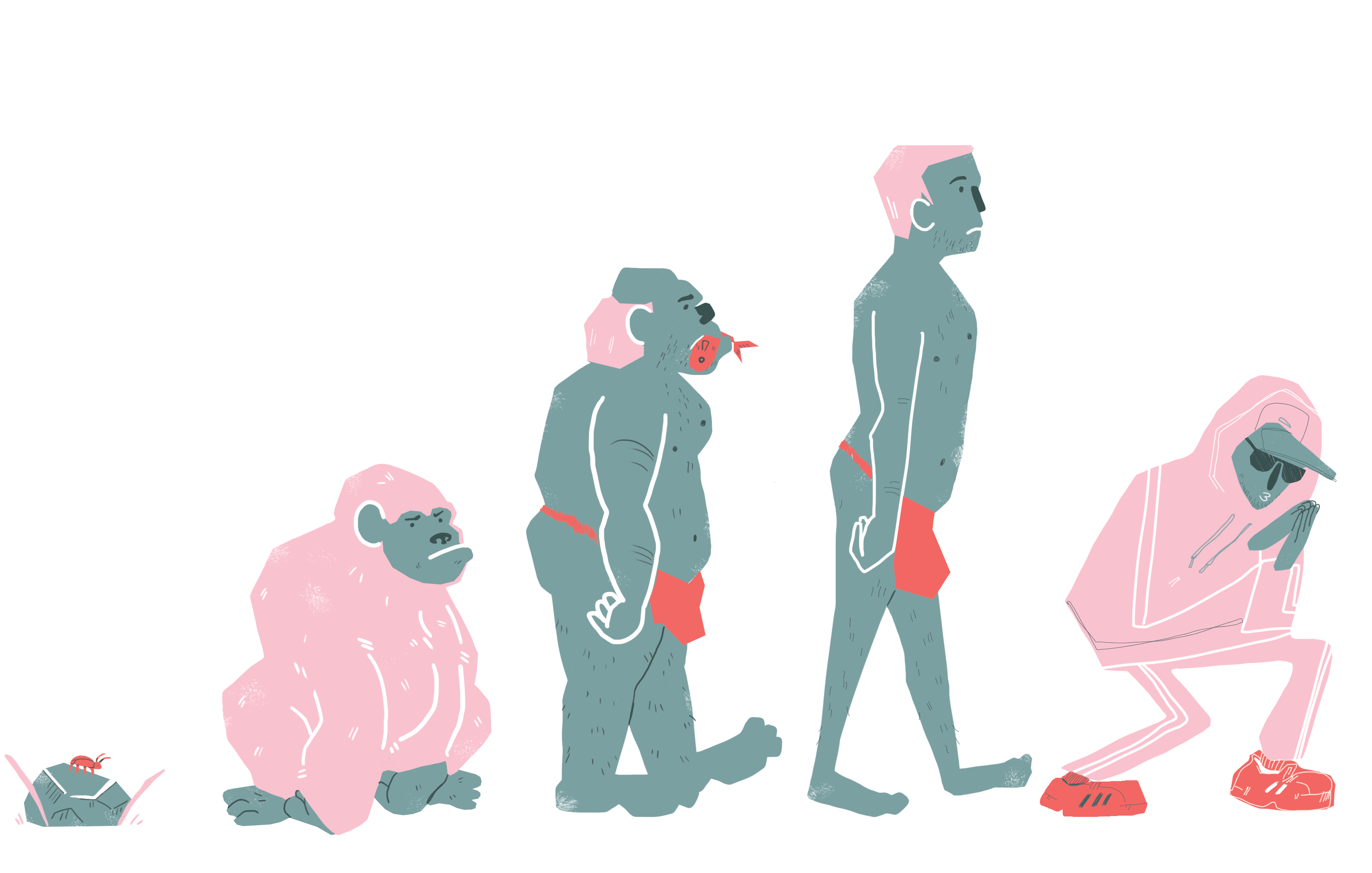
My grandmother loved words. She kept a giant handbound dictionary so worn the title had disappeared. The once bold text now a ghost, the spine cracked and frayed. My sisters and I thought it was a spell book because of its top edge gilt, the brushed gold leafing on the outer edges of the pages that warded off perspiring fingertips, dust mites, and most importantly evil.
She read this dictionary daily. She’d assign herself ten words a day to learn and integrate into her vocabulary. There was also a certain indelible magic in the way she spoke in idioms — proverbs my mother told me, that her mother told her, somehow always involving being broke (I don’t have a pot to piss in.), an admonition (People in glass houses shouldn’t throw stones.), or frustration (Some people step in shit and come out smelling like a rose). The expressivity and heartfulness of these sayings broke the stoicism within a lineage of women hardened by life in the rural midwest.
These idioms and other proverbial sayings simply rolled off my grandmother’s tongue. I remember fondly how she laughed when recalling a coworker who, in noticing her use of these funny little phrases, started repeating them in conversation —but kept saying them incorrectly: A bird in the bush is worth two in the beak, and perhaps the most unfortunate: Never buy a pig in a Pope.
These sayings have trickled down the family tree. Even now, for shitty bosses my mom prescribes this charming quip: Shit rolls downhill. (Unsurprisingly this saying comes from the military, first cited in Gene Schulze’s 1970 novel, The Third Face of War: “If he wanted to go from top . . . echelon . . . trust, travel, down to dealing with the enemy — Shit rolls downhill.”) My sisters and I knew this sentiment well. My grandfather had a long list of rules, and when a rule was broken more rules would appear, the kind you don’t know exist until you unwittingly break those too. He had a chair in which nobody else could sit. He had a cup from which nobody else could drink. He had a forbidden candy jar that my sisters and I would sneak into, lifting the glass lid as slowly and quietly as possible, smuggling candy into pockets. Sometimes the lid would land back down just a little too hard and we’d scatter. Shit rolls indeed.
After my grandmother passed in 2010, my grandfather packed away all of her things, bought new furniture, new carpeting, new windows, a new car. The house I had spent so much time in suddenly became unrecognizable. He took down the framed photos of my sisters and me that my grandmother had hung on the wall and replaced them with photos of his own. He hoarded my grandmother’s possessions, controlling her even after she had died. My mom wanted some of the portraits of her family, but he refused. My grandmother’s dictionary was stowed away with the photos and the rest of her belongings, untouched and collecting dust. And as it goes with all types of losses, life goes on. People move on. We didn’t push it. Let sleeping dogs lie.
Nine years later in 2019 my grandfather asked my mom to house sit while he was away. We were alone in the house for the first time. I walked the quiet house admiring the ghost of what it once was. The bedroom my sisters and I shared was now filled with a hodgepodge of wicker and rattan outdoor furniture: my grandfather’s new “wicker room.” Our old toy room was now a storage space packed high with boxes and bins and unidentifiable junk. The Tandy 1000 home computer where I used to play Dave Baskin’s 1984 game “Bouncing Babies,” (which involved catching babies thrown from the windows of a burning building) no longer booted up.
And then there it was, my grandmother’s dictionary, lying flat on a bookshelf in the hallway. Opening it up, it was exactly the same. The frayed edges, the gilt, the cracked spine. I considered taking it home with me. Would my grandfather notice it was missing? Did I care? I could almost hear my grandmother’s voice say: it’s better to ask for forgiveness than permission.







